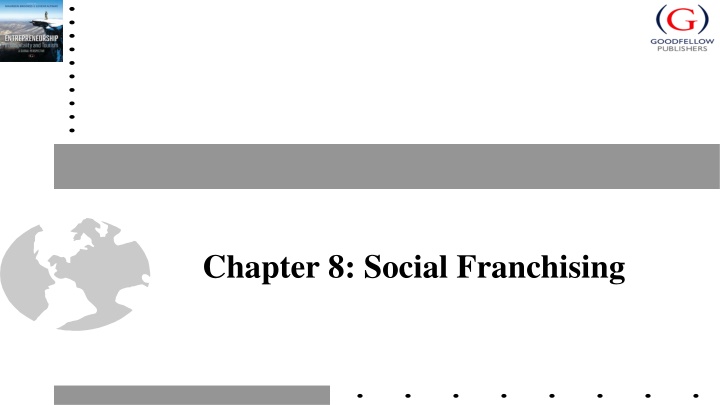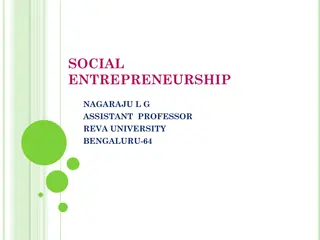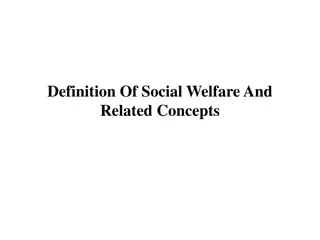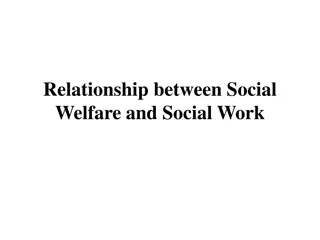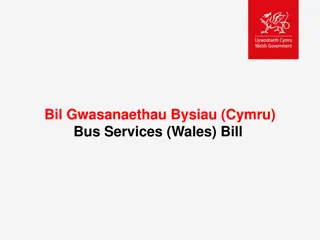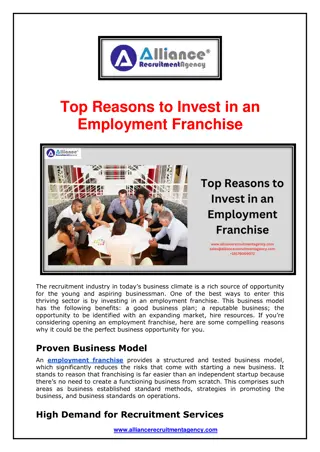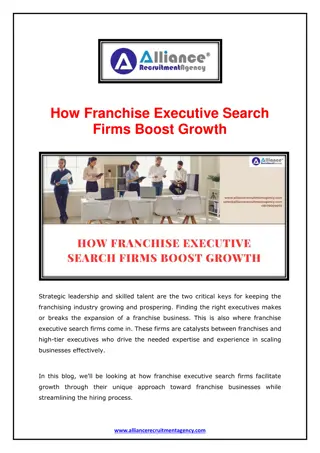Social Franchising: Innovative Solutions for Societal Benefit
Social franchising combines the proven business model of franchising with a social mission, leveraging market-based principles to address environmental and social issues. This approach embraces scalable systems, standardized products/services, and support services for franchisees. With roots in hospitality and tourism, social franchising offers job creation, economic growth, and a sustainable business model for social enterprises. Explore how microfranchising and tandem franchising adapt commercial franchise methods to achieve socially beneficial outcomes.
Download Presentation

Please find below an Image/Link to download the presentation.
The content on the website is provided AS IS for your information and personal use only. It may not be sold, licensed, or shared on other websites without obtaining consent from the author.If you encounter any issues during the download, it is possible that the publisher has removed the file from their server.
You are allowed to download the files provided on this website for personal or commercial use, subject to the condition that they are used lawfully. All files are the property of their respective owners.
The content on the website is provided AS IS for your information and personal use only. It may not be sold, licensed, or shared on other websites without obtaining consent from the author.
E N D
Presentation Transcript
Definitions of Social Entrepreneurship Organisations driven by a social mission The application of innovative, practical and sustainable approaches to benefit society Application of market- based principles to solving social or environmental problems
Franchising Long history in hospitality and tourism industries Value of franchising as a business model Job creation and economic growth Recognised potential as a business model for social enterprise
Social Franchising Numerous definitions of social franchising Microfranchising Tandem Franchising Application of commercial franchise methods to achieve socially beneficial ends
Common Features Proven scalable business model with defined systems and processes A clear trademark Delivery of standardised products/services Support services provided by franchisor Payment of fees by franchisee Some differences in models used
